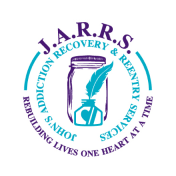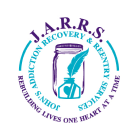Peer Recovery Coach
Peer recovery coaches walk side by side with individuals seeking recovery from substance use disorders. They help people to create their own recovery plans and develop their own recovery pathways. Recovery coaches provide many different types of support, including emotional (empathy and concern) informational (connections to information and referrals to community resources that support health and wellness) instrumental (concrete supports such as housing or employment) affiliation support (connections to recovery community supports, activities, and events) Recovery plans and other supports are customized, and build on each individual’s strengths, needs, and recovery goals. essential ingredients in developing a recovery-oriented system in which clinical treatment plays an important, but singular, role. Acute care substance use treatment without other recovery supports has often not been sufficient in helping individuals to maintain long-term recovery. Substance use disorders are currently understood to be chronic conditions that require long-term management, like diabetes. Peer-based recovery support provides a range of person-centered and strength-based supports for long-term recovery management. These supports help people in recovery build recovery capital—the internal and external resources necessary to begin and maintain recovery (Best & Laudet, 2010; Cloud & Granfield, 2008).


